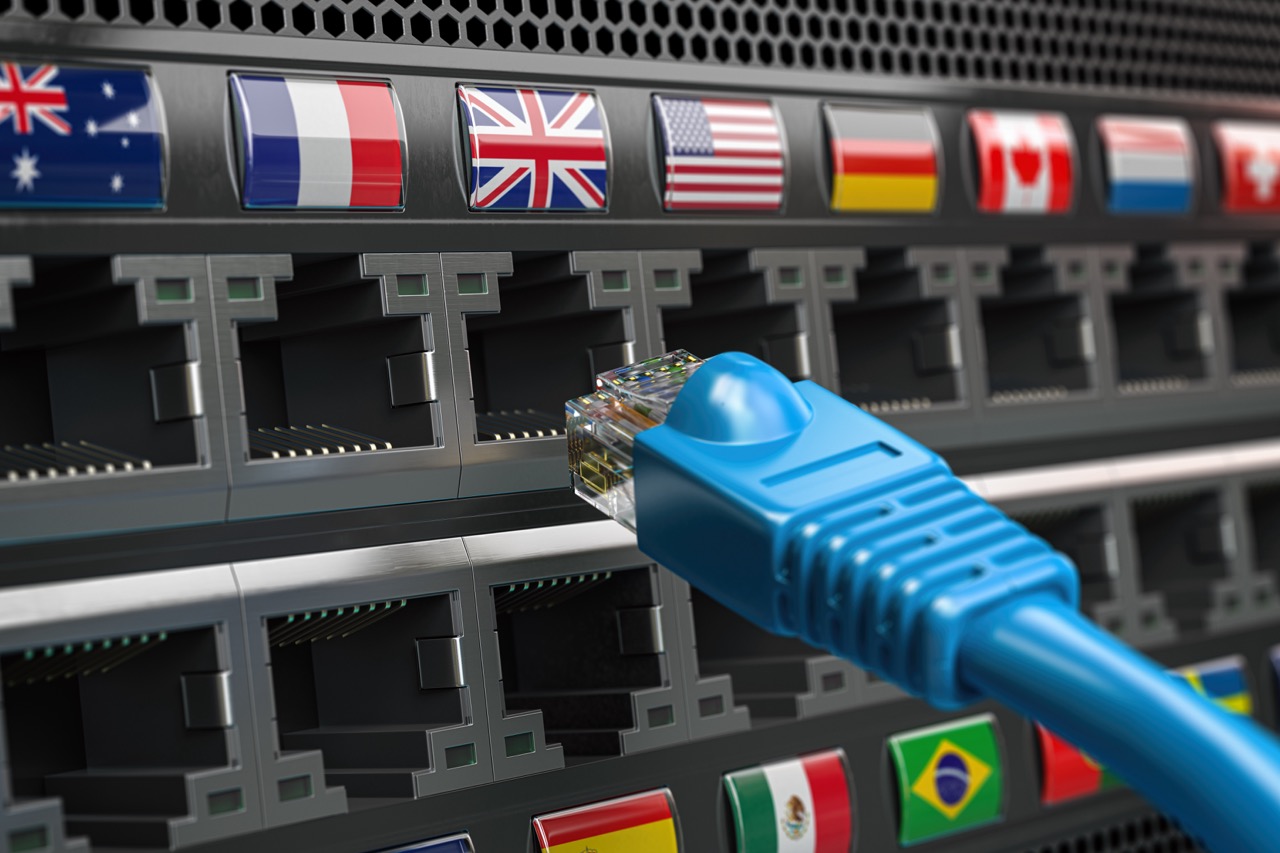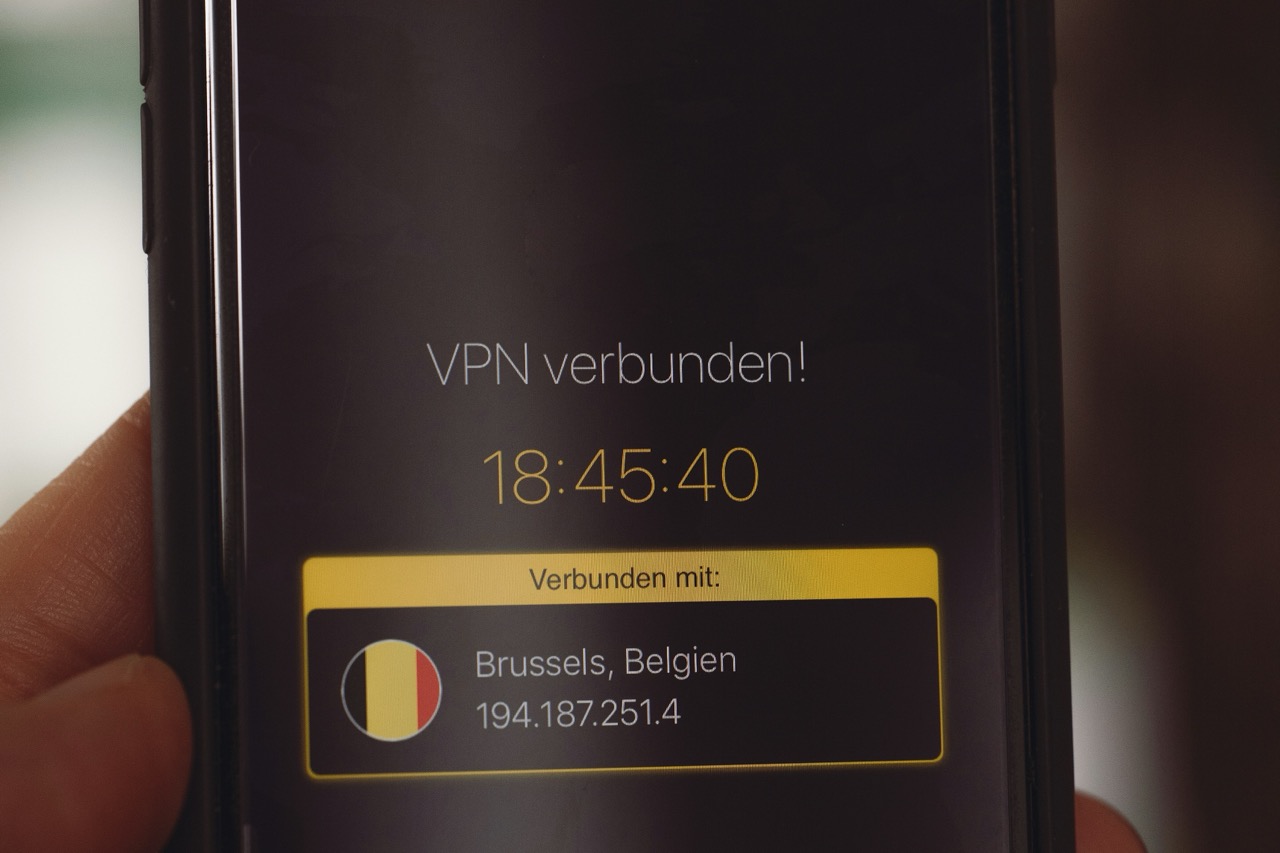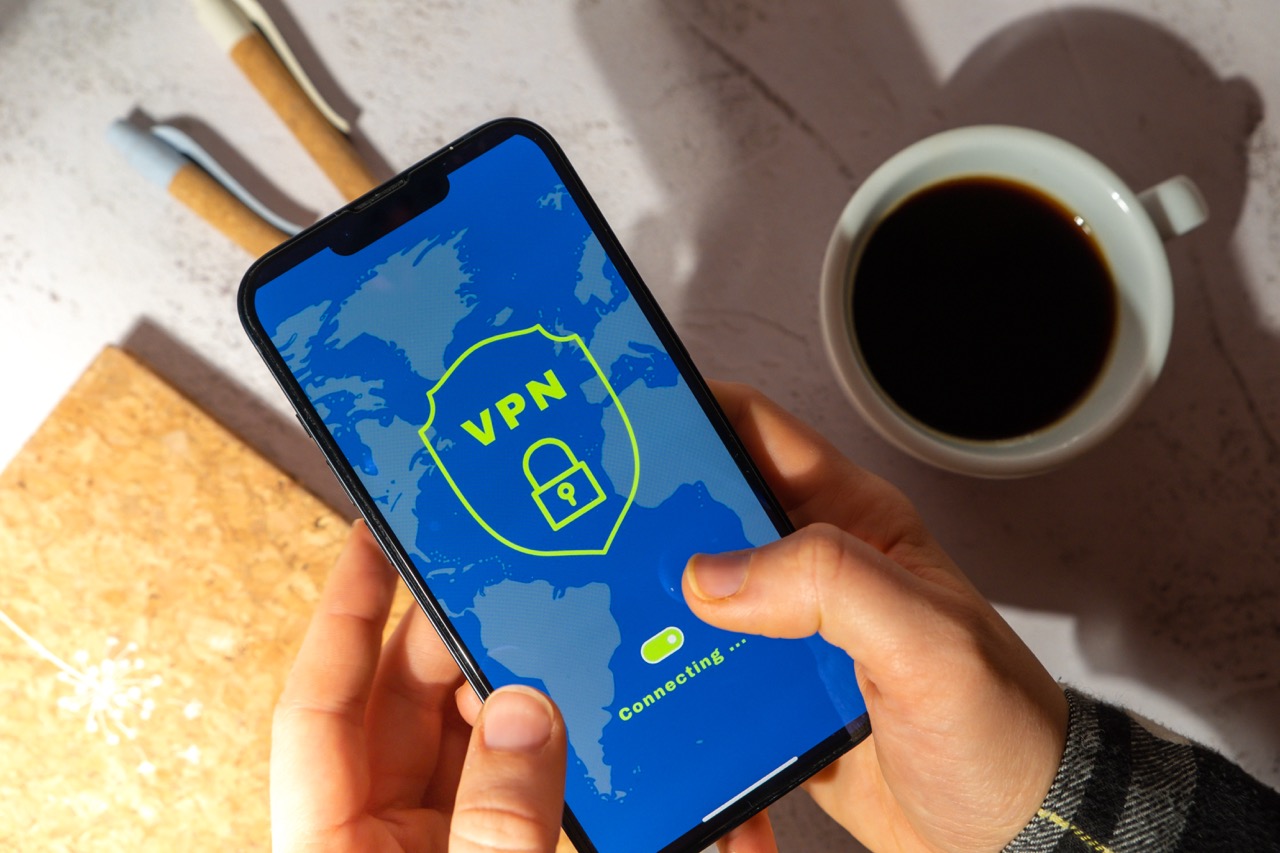In today’s rapidly evolving digital landscape, the proliferation of artificial intelligence (AI) has transformed the cybersecurity landscape, leading to increasingly sophisticated cyberattacks. Cybercriminals are leveraging AI to automate attacks, analyze vast amounts of data, and develop new techniques that can bypass traditional security measures. As these AI-driven threats become more prevalent, the necessity for robust security solutions becomes undeniable. One such solution that has garnered attention for its effectiveness in safeguarding sensitive information is the Virtual Private Network (VPN). This article explores the significance of VPNs in fortifying our defenses against AI-driven cyberattacks and highlights why they matter now more than ever.
Understanding the Rise of AI-Driven Cyber Threats Today
The integration of AI into cyberattack methodologies has reshaped the threat landscape in profound ways. Traditional attack vectors are increasingly augmented by machine learning algorithms that enable adversaries to identify vulnerabilities more efficiently and at scale. Threat actors can now deploy AI in phishing schemes, where deep learning models analyze social media profiles to craft highly personalized and convincing messages. This level of sophistication not only increases the likelihood of success but also amplifies the damage inflicted on individuals and organizations alike.
Moreover, AI technologies can facilitate the automation of attacks, allowing cybercriminals to execute large-scale operations with minimal human intervention. Automated bots can rapidly exploit known vulnerabilities, deploy malware, or even conduct denial-of-service (DoS) attacks. As a result, organizations are faced with a more formidable adversary that operates at a pace and scale previously unimaginable. This shift in tactics necessitates a reevaluation of existing security measures to ensure they can withstand the onslaught of these AI-driven attacks.
In addition, the evolution of AI-driven cyber threats has emphasized the need for real-time threat intelligence. AI algorithms can analyze patterns in cyber behavior and predict potential attack vectors more accurately than ever before. This necessitates a proactive approach to cybersecurity, wherein organizations must invest in advanced security solutions that can respond dynamically to emerging threats. As the cyber threat landscape continues to evolve, the importance of securing online communications and data transmission through tools such as VPNs cannot be overstated.
The Role of VPNs in Enhancing Online Security Protocols
VPNs play a crucial role in bolstering online security by creating a secure and encrypted tunnel for data transmitted over the internet. By obscuring a user’s IP address and routing traffic through a remote server, VPNs effectively mask users’ online activities from potential threats. This inherent layer of anonymity is particularly important in an age where AI-driven cyberattacks exploit identifiable information to target individuals and organizations.
Furthermore, VPNs can provide a secure connection when using public Wi-Fi networks, which are notoriously vulnerable to interception. Cybercriminals can easily exploit unsecured Wi-Fi connections to conduct man-in-the-middle attacks, where they intercept communications and steal sensitive information. VPNs mitigate this risk by encrypting data before it reaches the network, ensuring that even if data is intercepted, it remains unreadable to potential attackers. This feature is increasingly vital as remote work becomes more commonplace, leading to greater reliance on public networks.
In addition to encryption and anonymity, VPNs also contribute to the integrity of data being transferred. They can help to prevent data tampering by ensuring that the information remains intact during transmission. This aspect is crucial in contexts like online banking or business communications, where the accuracy and security of data are paramount. As AI-driven attacks become more adept at compromising data integrity, the protective capabilities of VPNs are essential for safeguarding sensitive information.
How VPNs Protect Against Data Interception Risks
Data interception occurs when unauthorized parties gain access to data as it travels across networks. This risk is particularly pronounced in environments where unencrypted data is transmitted over the internet, making it susceptible to eavesdropping. VPNs address this vulnerability by establishing an encrypted connection, thus rendering intercepted data virtually useless to cybercriminals. The encryption protocols employed by VPNs, such as AES-256, are among the most robust available, providing a formidable barrier against unauthorized access.
Moreover, VPNs help to obscure the origin of network traffic, making it difficult for attackers to determine the source of data. By masking the user’s IP address, VPNs further complicate the efforts of cybercriminals looking to exploit specific targets. This added layer of anonymity is especially valuable in scenarios where attackers utilize AI to analyze traffic patterns or identify potential targets based on geographic or demographic data.
It’s important to note that while VPNs significantly reduce the risk of data interception, they are not a panacea. Users must remain vigilant about other cybersecurity practices, such as using strong passwords and enabling two-factor authentication. Nonetheless, the effectiveness of VPNs in safeguarding data transmission cannot be understated, particularly in an age where AI technologies are increasingly employed by cybercriminals to gain unauthorized access to sensitive information.
Evaluating VPN Effectiveness Against AI-Powered Attacks
The effectiveness of VPNs in combating AI-powered cyberattacks largely hinges on the technological sophistication of the VPN provider. While many VPNs offer basic encryption and anonymity features, not all are equipped to handle the advanced tactics employed by AI-driven threats. Organizations must carefully evaluate VPN solutions to ensure they utilize state-of-the-art encryption protocols, robust security measures, and a transparent privacy policy.
Additionally, VPNs can also hinder the effectiveness of AI algorithms that rely on large datasets for training. By anonymizing user data and limiting the data available to potential attackers, VPNs can disrupt the data collection efforts employed by malicious actors. This disruption can make it more challenging for AI algorithms to generate targeted attacks based on user behavior or preferences, thus reducing the efficacy of these AI-driven threats.
However, it is essential to recognize that VPNs are not foolproof. Cybercriminals are also adapting their tactics to overcome VPN protections, such as employing advanced phishing techniques that bypass initial security measures. Therefore, while VPNs provide a vital layer of protection against AI-powered attacks, they should be part of a comprehensive cybersecurity strategy that includes regular updates, user education, and multi-faceted defense mechanisms.
Key Features of VPNs That Mitigate Cybersecurity Risks
When evaluating VPNs for their ability to mitigate cybersecurity risks, several key features come to the forefront. First and foremost is strong encryption, which ensures that any data transmitted remains secure from interception. An effective VPN should utilize advanced encryption standards, such as AES-256, which is widely recognized for its strength. This encryption serves as the first line of defense against data breaches, especially in environments susceptible to AI-driven surveillance techniques.
Another important feature is a kill switch, which acts as a fail-safe mechanism. If a VPN connection drops unexpectedly, a kill switch will immediately halt all internet traffic, preventing any unencrypted data from being transmitted. This feature is crucial in minimizing exposure, particularly in scenarios where an AI-driven attack may attempt to exploit the momentary lapse in security. Ensuring that a VPN offers a reliable kill switch is essential for organizations looking to maintain continuous protection.
Additionally, a no-logs policy is vital for preserving user privacy. A VPN that does not retain logs of user activity can significantly reduce the risk of sensitive data being compromised, even in the event of a data breach. This feature is particularly important in the context of AI-driven attacks, where attackers may target organizations with less stringent data retention policies. By choosing a VPN that prioritizes user privacy, organizations can bolster their defenses against potential exploits.
Future Trends: VPNs and Evolving Cyber Defense Strategies
As the threat landscape continues to evolve, so too will the technology behind VPNs. Future trends indicate a growing emphasis on integrating AI and machine learning into VPN solutions. These advancements may enable real-time threat detection and response, allowing VPNs to analyze traffic patterns and identify potential threats before they can inflict damage. By leveraging AI, VPNs could enhance their effectiveness against sophisticated cyberattacks, making them a vital component of future cybersecurity strategies.
Furthermore, the rise of remote work and the increasing reliance on cloud services will necessitate the evolution of VPNs. As organizations shift to hybrid work models, VPNs will need to adapt to secure a diverse range of devices and applications, ensuring that all endpoints are protected against AI-driven threats. This will likely lead to the development of more versatile and user-friendly VPN solutions capable of catering to a broader audience.
Lastly, there is likely to be increased collaboration between VPN providers and cybersecurity firms to enhance overall security frameworks. By combining insights from both fields, organizations can benefit from comprehensive security solutions that address the multifaceted nature of AI-driven threats. This synergy will be crucial in fortifying defenses against emerging cyber risks, ensuring that VPNs remain a pivotal element in the cybersecurity arsenal.
In conclusion, the advent of AI-driven cyberattacks has necessitated a reevaluation of existing cybersecurity measures, making VPNs an indispensable tool in the modern digital landscape. By providing encryption, anonymity, and robust security features, VPNs play a crucial role in protecting sensitive data from malicious actors. However, organizations must remain vigilant and consider VPNs as part of a broader cybersecurity strategy that includes regular assessments and the adoption of emerging technologies. As the threat landscape continues to evolve, so too must our approaches to online security, with VPNs serving as a foundational element in the ongoing battle against cybercrime.










